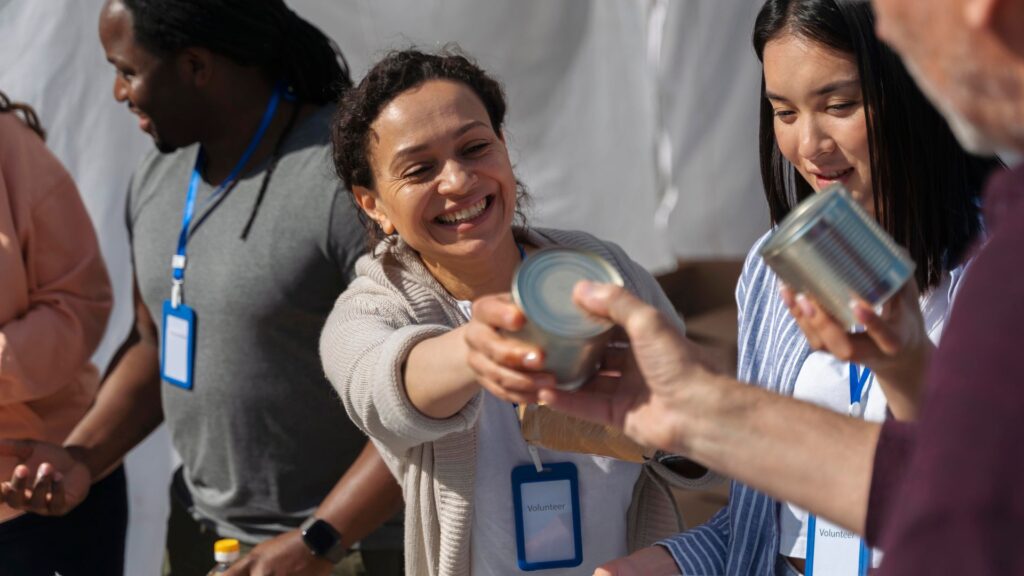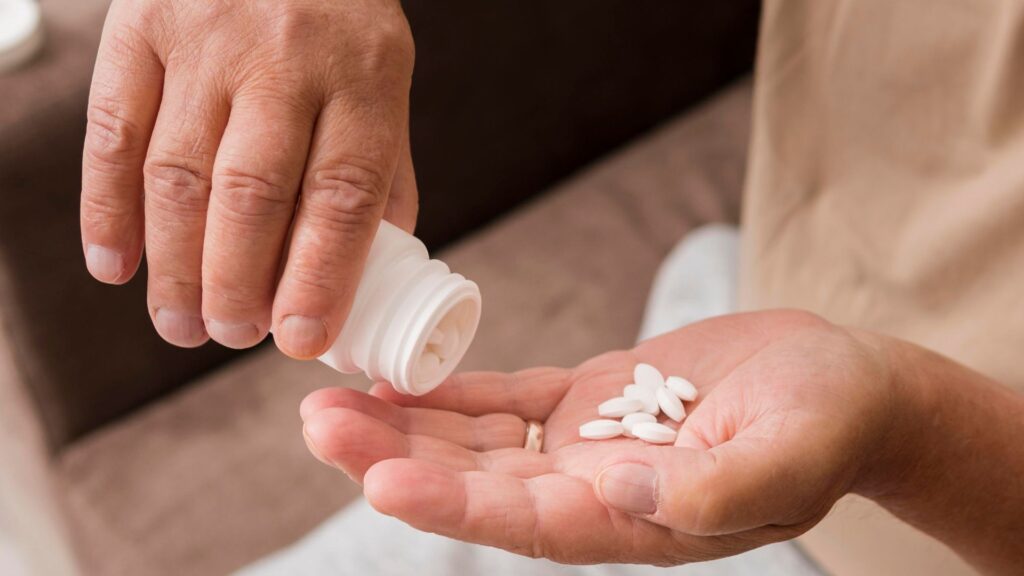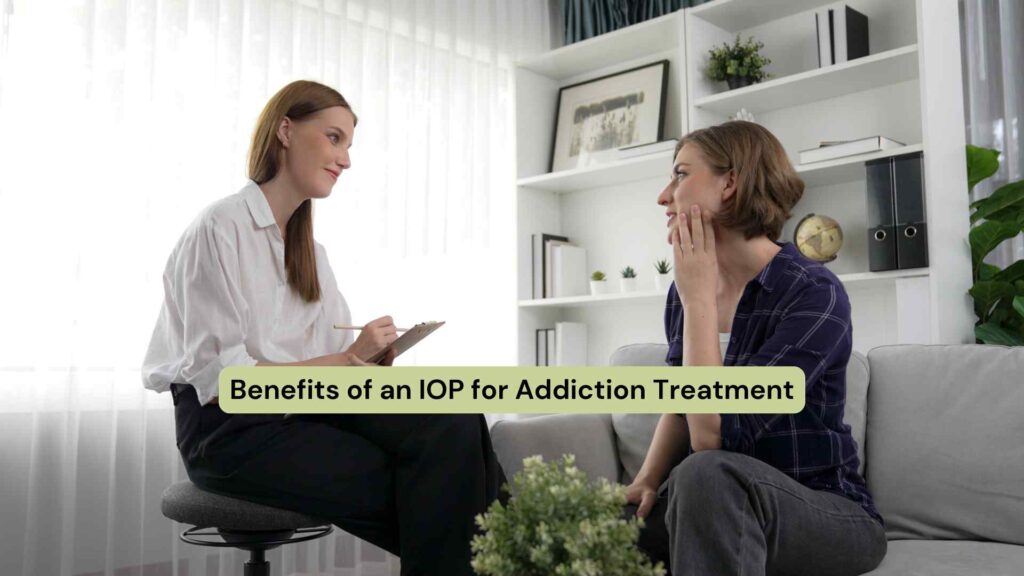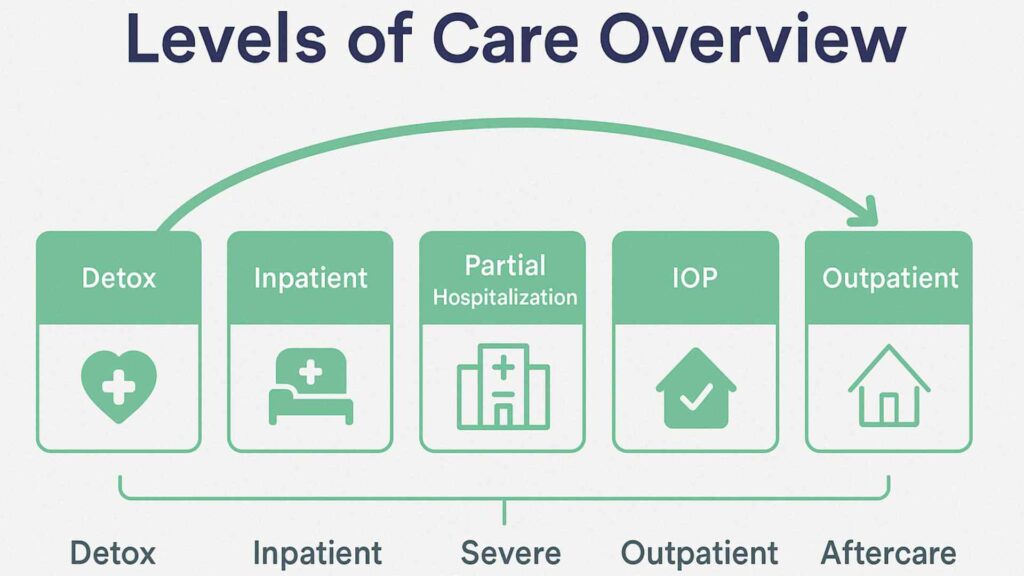IOPs create an environment conducive to long-term recovery from your substance use disorders and health conditions with outpatient services that utilize treatment plans that involve evidence-based therapies and a focus on personal accountability.
In this article, we’ll highlight the main advantages of intensive outpatient programs and thus uncover what makes them a suitable treatment option.
Flexibility and Accessibility
With IOPs, you can maintain your daily responsibilities, such as work, school, and family commitments, while receiving essential support. This significantly reduces the disruption to your personal and professional life compared to inpatient care.
Unlike partial hospitalization programs, many intensive outpatient treatment programs provide flexible scheduling options, with a certain number of hours of treatment per week, including evening and weekend sessions to fit diverse needs. This type of treatment in IOPs offers the option to engage in outpatient treatment without sacrificing your daily life, making recovery more manageable and realistic.
Structured, Evidence-based Care
The treatment process in these recovery programs includes a well-organized environment with scheduled group therapy sessions, including both group and individual counseling.
By utilizing evidence-based therapies like Cognitive Behavioral Therapy (CBT) and Rational-Emotive Behavioral Therapy (REBT), both recognized by the US Substance Abuse and Mental Health Services Administration, intensive outpatient programs provide effective treatment tailored to your needs, such as co-occurring mental health issues.
This structured personalized treatment for substance abuse and mental health disorders not only enhances skill retention but also fosters personal accountability as you learn to apply coping strategies in real life.
With comparable effectiveness to addiction recovery for inpatient care, a personalized treatment plan in an IOP program allows you to receive the intensive support necessary to navigate the challenges of recovery while maintaining daily responsibilities.
Affordability
Unlike inpatient programs at addiction treatment centers, which require a residential program or partial hospitalization, a significant benefit of IOP includes minimizing costs by allowing you to stay at home while receiving treatment. This means an IOP allows you to participate in your daily responsibilities without the financial burden of residential care.
More affordable than inpatient treatment, intensive outpatient programs are designed to make your finances easier.
Since intensive outpatient programs are also typically more affordable, they remove financial barriers that may prevent you from pursuing the help you need.
Peer and Community Support
Building connections with others can significantly enhance your journey, and that’s where peer and community support play a vital role in intensive outpatient programs.
Intensive outpatient programs that offer group therapy provide a unique opportunity to share experiences and challenges in addiction and recovery with peers who understand your struggles. This environment fosters mutual encouragement and accountability, making you feel less isolated in your recovery journey, as you might feel when in a residential treatment program.
The relationships you build in an IOP can help create a robust support network that extends beyond the treatment setting. Engaging in peer support also allows you to learn from others’ experiences, gaining insights that can help you navigate your own challenges in mental health and addiction.
Personal Responsibility and Real-Life Applications
By actively engaging in your recovery, you learn to balance personal responsibilities while applying effective coping skills.
This hands-on approach not only reinforces your accountability but also equips you with practical tools for real-world scenarios. As you practice these skills daily, you’ll build the confidence to handle triggers and stressors more effectively.
Intensive outpatient programs work by implementing relapse prevention strategies against your substance abuse disorder in everyday situations. This enhances retention of what you learn in therapy, making your recovery feel more achievable.

Step-Down and Transitional Support
Intensive outpatient programs play a critical role as a step-down and transitional support for individuals moving from inpatient or residential treatment back into their daily lives. This transition period is often one of the most vulnerable phases in recovery, as the loss of round-the-clock supervision and the reintroduction of real-world stressors can increase the risk of relapse.
IOPs address this by maintaining a structured schedule of therapy, clinical oversight, and peer support, allowing individuals to gradually reintegrate into their communities while still benefiting from professional guidance and accountability. IOPs allow the highly controlled environment of inpatient care to bridge the gap to the independence of everyday life, reducing the likelihood of relapse during this crucial time.
Comprehensive, Individualized Approach
Each participant undergoes a thorough assessment to develop a personalized care plan and treatment schedule to their unique addiction and mental health needs. This often includes dual diagnosis care for those with co-occurring mental health conditions, ensuring that both substance use and psychiatric symptoms are addressed simultaneously-a method shown to be more effective than treating each condition separately.
Intensive outpatient programs offer access to a multidisciplinary team of professionals, including therapists, counselors, psychiatrists, and case managers, which provides holistic support and a broad range of therapeutic modalities. This team-based approach ensures that care is not only flexible and responsive but also deeply attuned to the complexities of each individual’s recovery journey.
Better Aftercare for Long-Term Recovery
Aftercare and long-term recovery planning are essential components of IOPs, focusing on sustaining sobriety and preventing relapse well after the formal treatment period ends. Effective IOPs emphasize relapse prevention strategies, skill-building, and aftercare planning, connecting participants to community resources such as support groups, vocational training, and ongoing outpatient therapy.
Engaging in aftercare services like intensive outpatient treatment for substance use has been shown to significantly decrease the risk of relapse by providing continued accountability, encouragement, and access to professional and peer support networks.
Participation in groups like Alcoholics Anonymous (AA) or Narcotics Anonymous (NA) is often encouraged, fostering a sense of community and shared purpose that extends beyond treating substance abuse itself. A significant benefit of IOPs is that they empower individuals to maintain their recovery and build fulfilling, substance-free lives by prioritizing aftercare and long-term support.
Final Thoughts from Abundance Treatment
Abundance Treatment provides compassionate, structured, evidence-based, and person-centered care for both adults and youth. Whether you’re a teen facing emotional and developmental hurdles or an adult navigating life’s complex challenges, our program is designed to help individuals of all ages build the skills essential for long-term success.





































